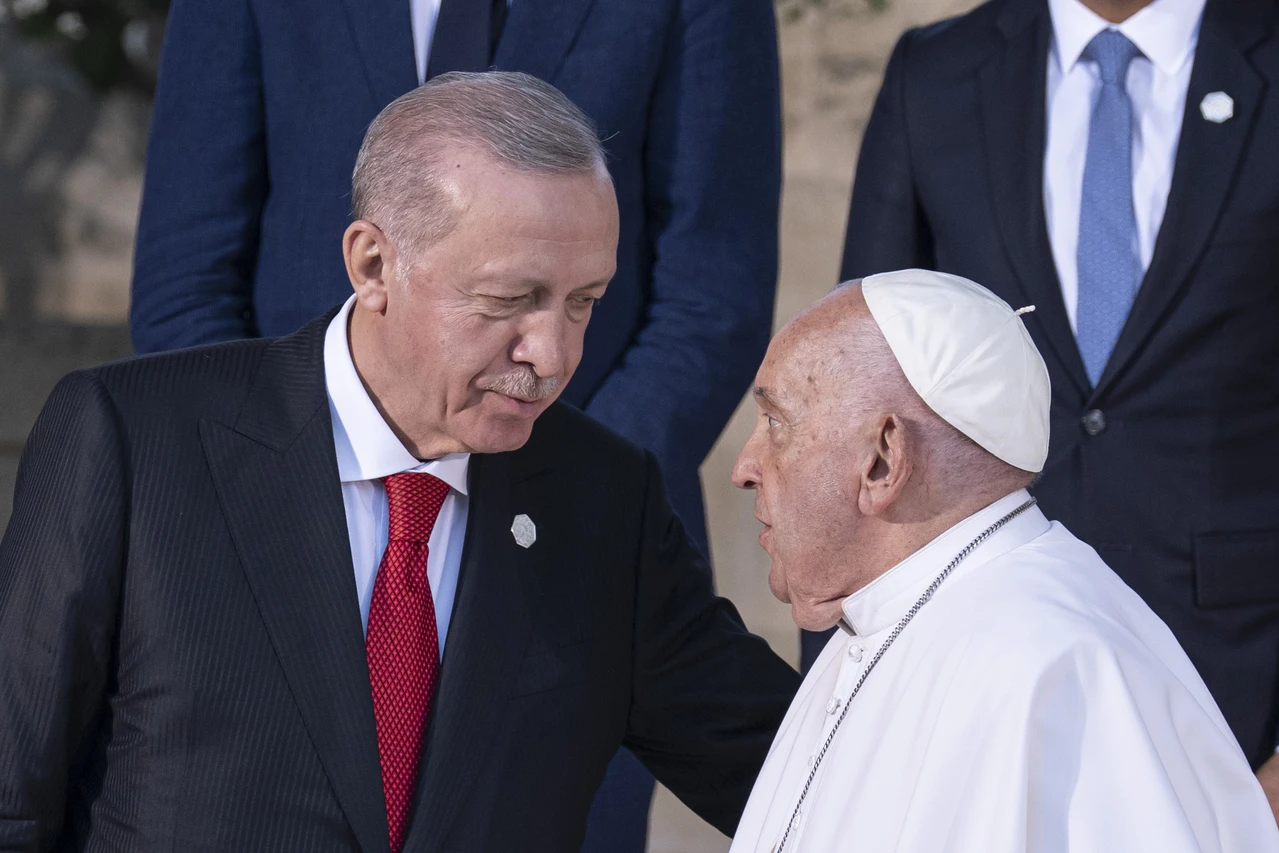Türkiye reportedly seeks strategic expansion through BRICS membership
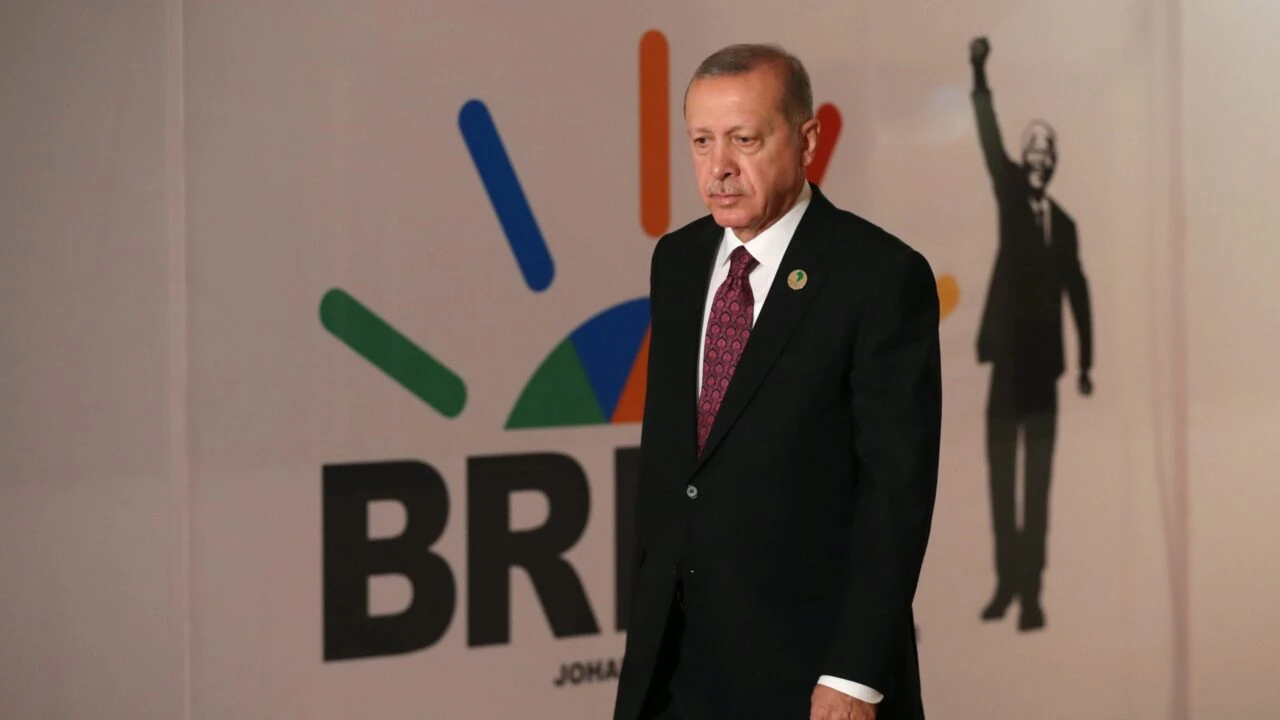 President Tayyip Erdogan arrives for a group picture at the BRICS summit meeting in Johannesburg, South Africa, July 27, 2018. (Reuters Photo)
President Tayyip Erdogan arrives for a group picture at the BRICS summit meeting in Johannesburg, South Africa, July 27, 2018. (Reuters Photo)
Türkiye aims to expand its economic and strategic influence by becoming the first NATO member to join BRICS, according to an article by Anne Chaon for Agence France-Presse (AFP).
President Recep Tayyip Erdogan will attend the BRICS summit in Kazan, Russia, on Wednesday, where he will meet leaders from Brazil, Russia, India, China and South Africa.
This move reflects Türkiye’s ambition to pursue “strategic autonomy” while maintaining its ties to NATO and the West according to the Chaon.
Türkiye’s strategic shift toward BRICS
In September, Türkiye officially expressed its desire to join BRICS, a group of emerging market nations, signaling a significant shift in its international alliances. Experts suggest that Türkiye’s bid for membership is driven primarily by economic motivations, as the BRICS platform offers opportunities for expanded trade and investment without binding obligations.
But Erdogan also said, “BRICS and ASEAN offer opportunities to enhance our economic cooperation. Being part of these structures does not mean abandoning NATO. We do not view these alliances as alternatives to each other,” Erdogan said.
“Those who say ‘Don’t join BRICS or any other structure’ are the same people who kept Türkiye waiting at the EU’s door for years,” he added.
The bloc, which represents nearly half of the global population and a third of the world’s gross domestic product (GDP), allows member countries to develop economic cooperation while maintaining their sovereignty.
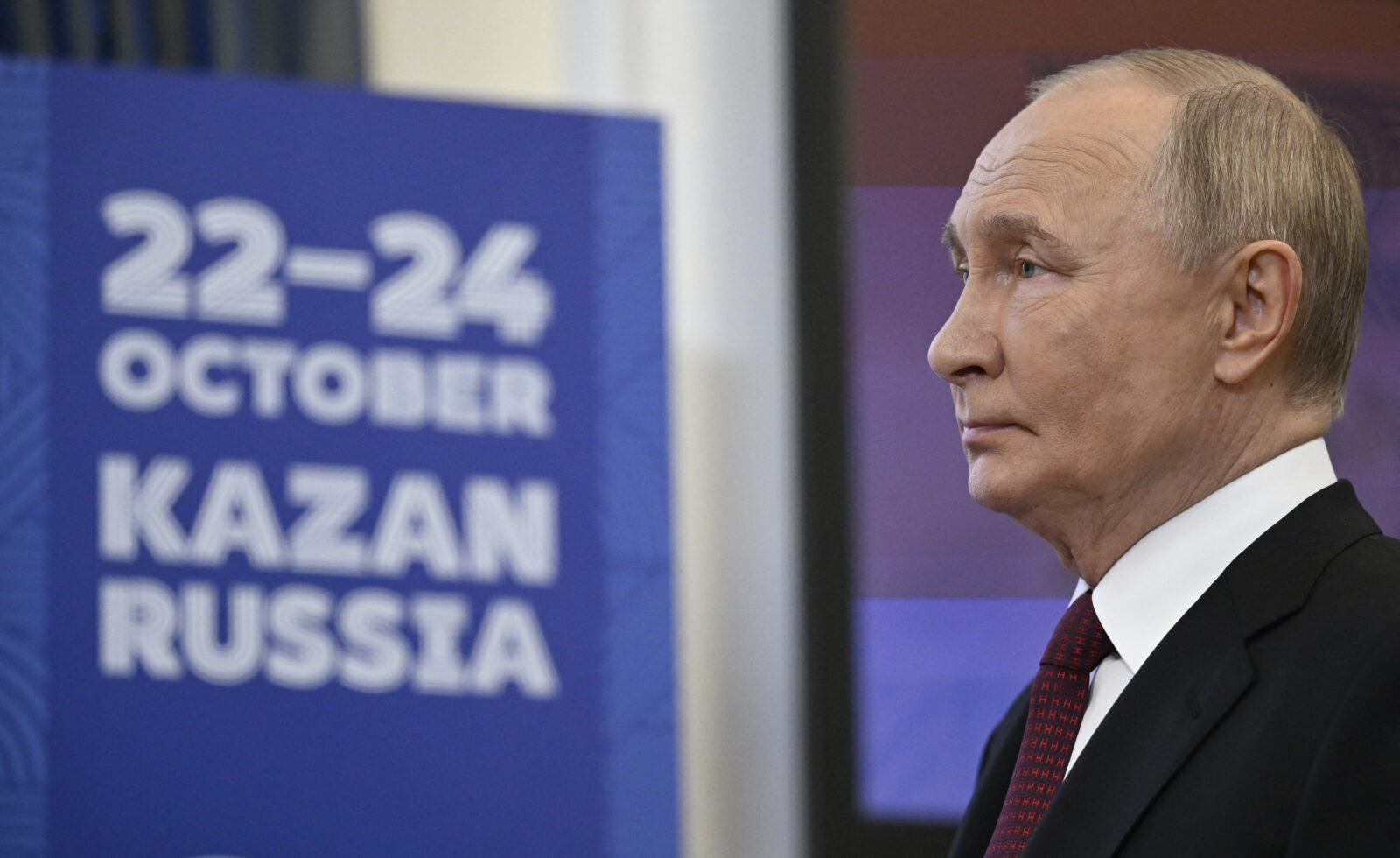
Economic motivations behind Türkiye’s BRICS bid
Experts, such as Sinan Ulgen from the Carnegie Europe think tank, emphasize that Türkiye’s move toward BRICS aligns with its pursuit of strategic autonomy and economic interests.
Ulgen notes that this initiative is expected to positively impact bilateral economic relations with BRICS nations, especially as Türkiye looks to diversify its trade partners beyond Western markets.
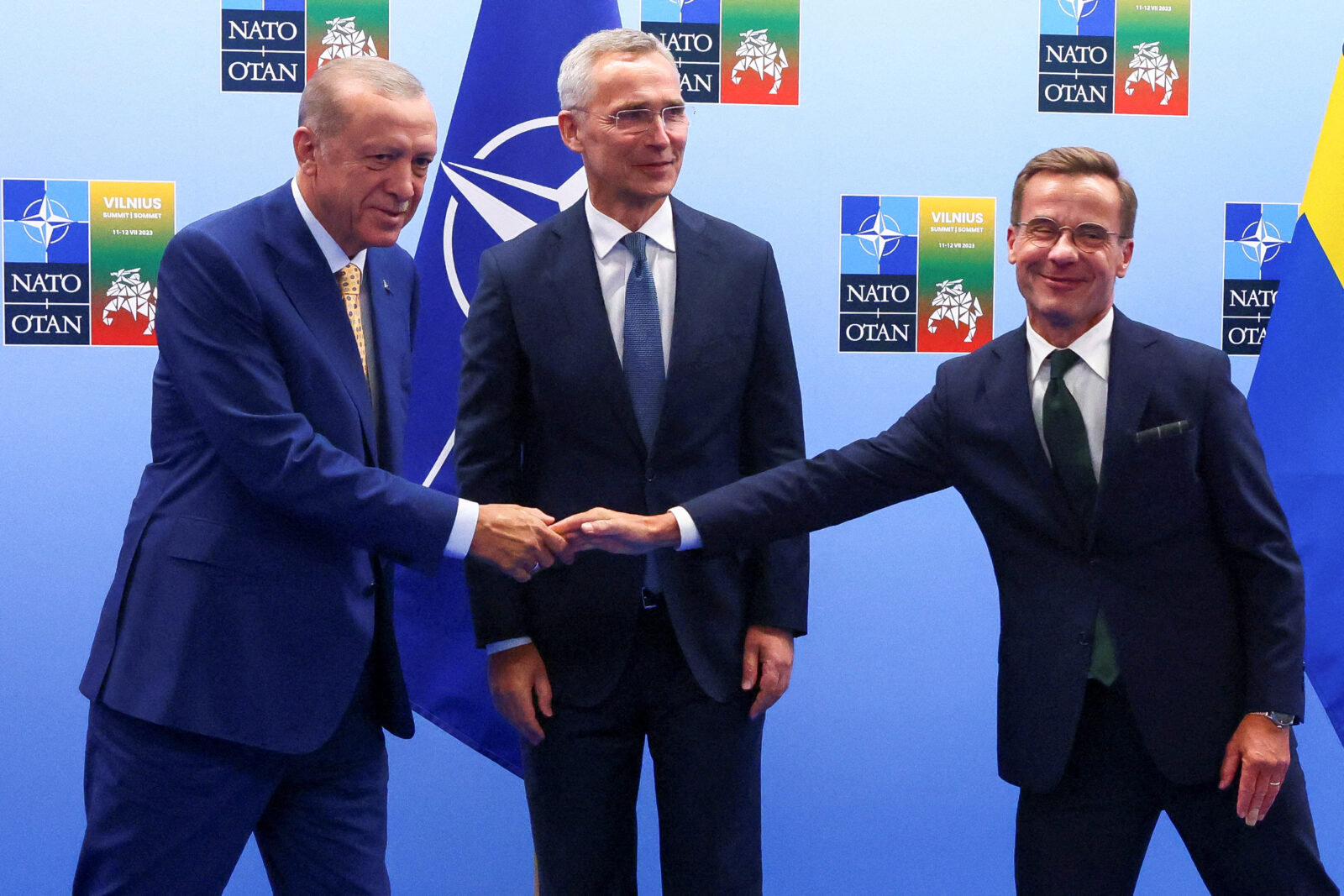
Balancing BRICS and NATO alliances
Although Türkiye seeks deeper ties with BRICS, experts caution that this does not signal a departure from its Western alliances. Analysts speaking to AFP like Soli Ozel from Kadir Has University highlight that Türkiye remains committed to NATO and its economic relationship with Europe, while also positioning itself for influence in a “multipolar asymmetric world.”
Ozel adds that Türkiye’s BRICS membership bid is part of its strategy to maximize geopolitical maneuverability without jeopardizing its security commitments.
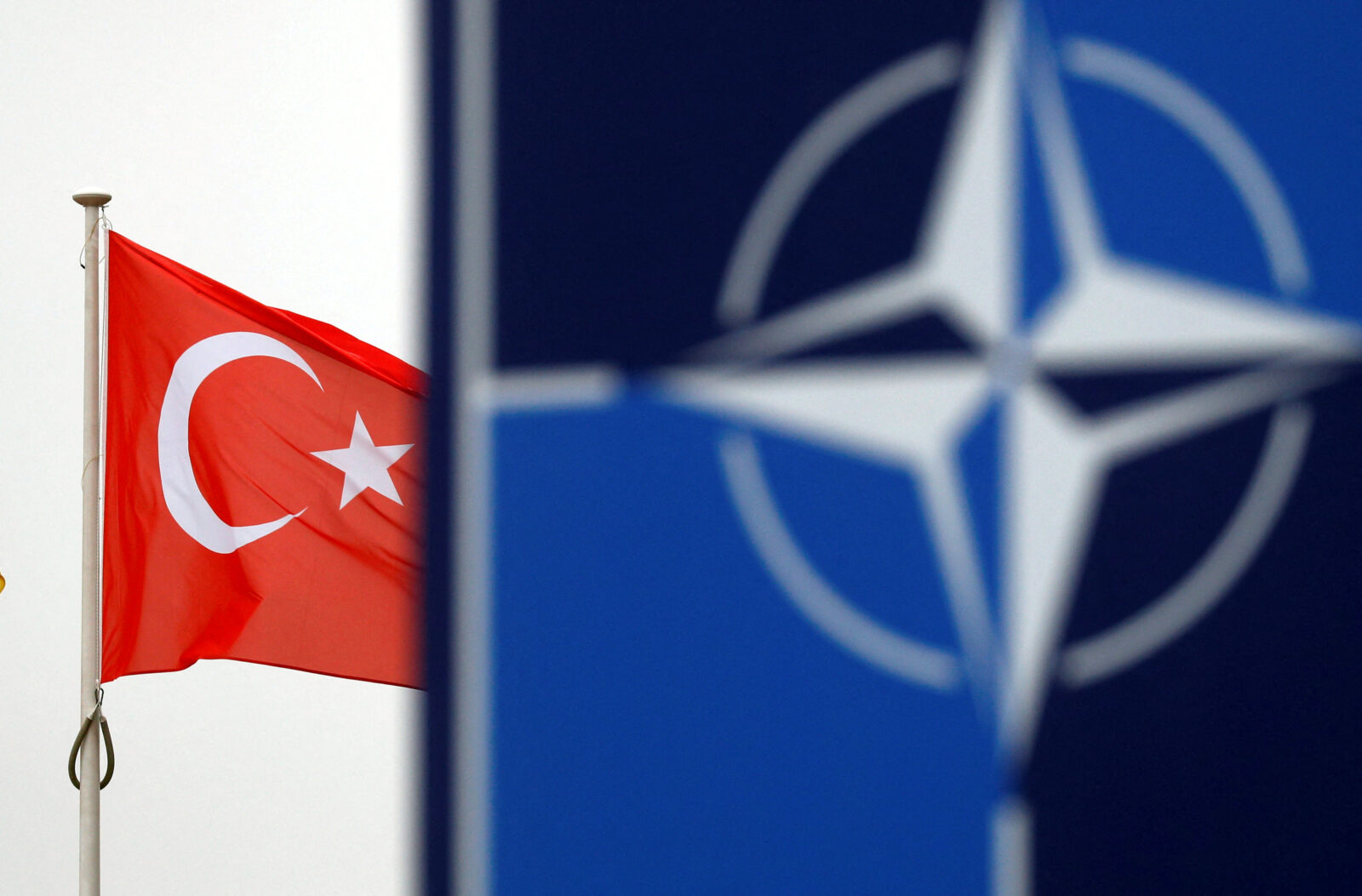
No security implications, only economic benefits
Analysts agree that joining BRICS poses no risk to Türkiye’s NATO membership or its Western alliances. Gokul Sahni, a Singapore-based analyst, explains that Türkiye’s rapprochement with BRICS is purely economic and strategic, as the group imposes no security obligations. This allows Türkiye to benefit from both Western proximity and closer ties with emerging powers in BRICS.

